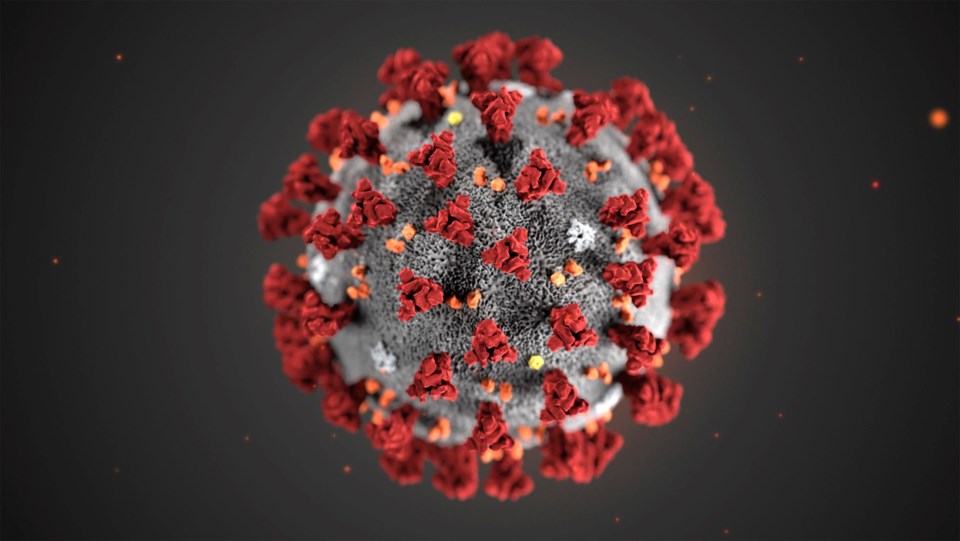Thousands of scientists around the world are working on problems raised by the COVID-19 pandemic. Here is a summary of some recent research from peer-reviewed academic journals and scientific agencies:
---
The Proceedings of the National Academy of Sciences is publishing research out of China that shows preliminary support for treating COVID-19 with a drug previously used against arthritis. Before being treated with tocilizumab, the 21 patients in the study were severely ill, with all but one needing oxygen. Body temperatures for all returned to normal on the first day after receiving the drug and remained stable. Within five days, 15 patients were able to reduce their oxygen intake. All patients were discharged between 10 and 31 days after treatment and no adverse reactions to treatment were reported.
---
The journal Science is reporting on the amount of social distancing it took to reduce the transmission of COVID-19 in China. Data shows personal contacts dropped from up to 20 people a day to two, almost all of which occurred at home. The authors report that the severe curtailment was a main reason for the drop in infections in that country. They also say that school closures on their own wouldn't have been enough to quell the outbreak.
---
An independent researcher has looked at dozens of studies from around the world to determine a reasonable infection-fatality rate for COVID-19. Case fatality rates, which measure deaths against known cases, are easy to calculate. But without having a true rate of global infection — or even a reliable number of COVID-19 deaths — infection fatality rates are harder to develop. The author of the non-peer-reviewed piece ultimately combined data from 13 papers in English and French to estimate an infection fatality rate of between 0.5 per cent and one per cent, or eight deaths out of 1,000 infections. That’s about four times more lethal than measles and up to 20 times more deadly than the flu.
---
The Mayo Clinic explains in the journal Science how COVID-19 worsens one type of heart problem. The condition causes thickening of heart muscles, which the body tries to fight by producing a particular protein. The coronavirus that causes COVID-19 hijacks receptors for that protein on cell membranes and uses them to enter the cells. The virus takes the protein with it, leading to higher blood pressure and fluid retention.
---
Another study is discounting the effectiveness of hydroxychloroquine in fighting COVID-19. The non-peer-reviewed research looks at the cases of 368 patients in U.S. veterans hospitals. Some patients took the drug on its own, some in combination, and some not at all. The authors say those who took the antimalarial drug required ventilation at the same rate as those who didn't. Those who took hydroxychloroquine on its own died at a slightly higher rate than the other two groups in the study.
---
The journal Rhinology reports that losing the sense of smell is a rare, but real, symptom of COVID-19 and for some may be the infection's only manifestation. Researchers looked at six Chinese patients who said they could no longer smell, but showed no other signs. All tested positive for the novel coronavirus, although only two had reported symptoms previously. The patients were asked to identify the odours of lemon, mint, strawberry, pine, vanilla and smoke. All gave at least three wrong answers.
---
An article in a journal of the UN's Intergovernmental Platform on Biodiversity and Ecosystem Services says pandemics are often caused by bringing increasing numbers of people into direct contact and often through conflict with the animals that carry pathogens. The guest article says future, potentially more deadly, pandemics can be avoided by strengthening "nature-positive" environmental regulations and incentives, an ecosystem-based approach to public health and better-funded health systems.
---
This report by The Canadian Press was first published April 30, 2020
Bob Weber, The Canadian Press




